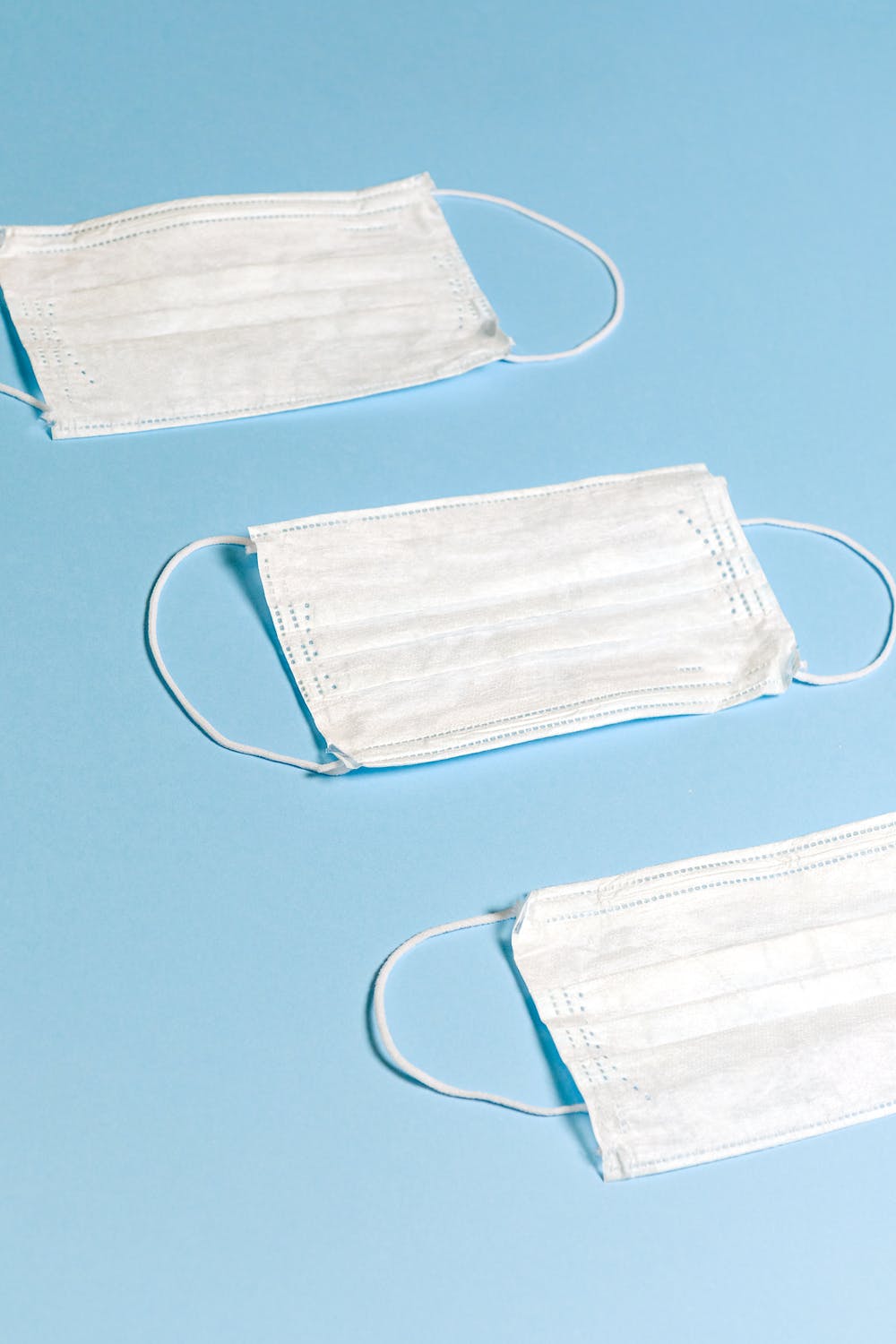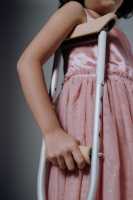Author Interviews, Environmental Risks, Pediatrics, Toxin Research, Weight Research / 08.03.2021
Lead Exposure During Pregnancy Associated with Reduced Kidney Function in Overweight Adulthood
MedicalResearch.com Interview with:
Alison P. Sanders, PhD
Pronouns: She/Her
Assistant Professor
Icahn School of Medicine at Mount Sinai
Department of Environmental Medicine and Public Health
Department of Pediatrics
Director, Interdisciplinary Environmental Health Postdoctoral Fellowship
MedicalResearch.com: What is the background for this study?
Response: My research group is dedicated to understanding environmental and early life risk factors that contribute to kidney function decline. While some of the pathobiology leading to chronic kidney disease remains unclear, we understand that the process is complex and, like many chronic diseases, begins long before clinical diagnosis. My research investigates how the environment and mixtures of environmental chemicals/toxicants interact with traditional risk factors such as obesity, preterm birth, and nutritional status to hasten or prevent chronic kidney disease. (more…)






























